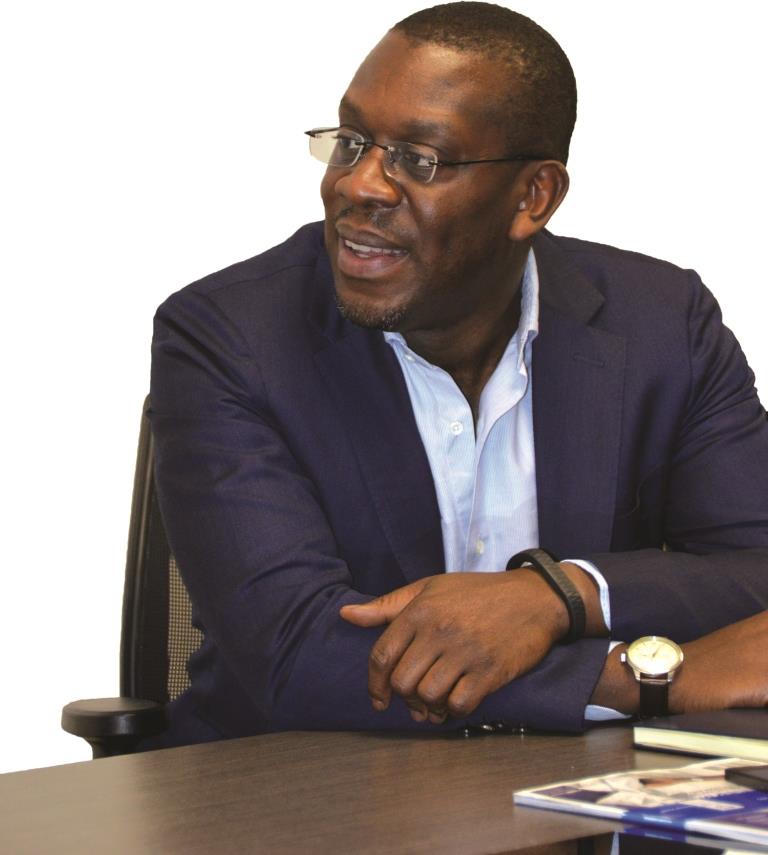The beginning of summer in South Africa brings warm rains, scorching hot temperatures, longer days and brighter nights. And thanks to Eskom it also brings rolling blackouts. That spells bad news from the suburbs to the mines.
On November 1, a silo which housed over 10,000 tons of coal collapsed at Majuba power station, all personnel at the site were evacuated in time and according to Utility’s Chief Executive Tshediso Matona.The collapse caused a shortage of 3,600MW. It meant people were going to work carrying irons to press their clothes and mines lived in fear of powercuts.
According to the African Development Bank, Africa’s chronic power problems are hurting 30 countries, cutting economic growth and productivity. In sub-Saharan Africa, only one in five have electricity. If the current power situation continues, less than 40% of African countries will reach universal access to electricity (when everyone in the country has electricity) in the next 35 years.
“South Africa will reach universal access to power, the time it gets will depend on budget,” says Eskom spokesman Andrew Etzinger.
Power shortages can cost up to 2% of gross domestic product, according to the African Development Bank.
Loading...
One African country that struggles more than most is Nigeria, Africa’s most populous country. Half of the country’s 160 million people go without electricity. South Africa consumes 55 times more energy per head and the United States (US) 100 times more than Nigeria.
The failure to provide adequate electricity by the country’s state owned monopoly PHCN, the Power Holding Company of Nigeria, nicknamed as ‘Please Have Candles Nearby’, has left the land in distress for decades.
At the end of 2013, Nigeria’s government decided to privatize most of its power sector and fortunes could change.
“Because power development is so difficult and requires a serious amount of political will, the reforms were stalled for years because of a face-off with labor unions. This is really a success story, in terms of the structure of the sector in Nigeria; it is now more advanced then South Africa. That is pretty remarkable, when you look at a country like Nigeria you would of not thought it was possible 10 years ago,” says Lai Yahaya, team leader to the Senior Advisors Group of Power Africa.
In June 2013, US President Barack Obama launched Power Africa, an initiative aimed at doubling electricity in sub-Saharan Africa, where more than 600 million people are without. Power Africa set an ambitious goal of more than 10,000MW of electricity to 20 million households and businesses.
This year, Obama announced a $300-million investment to connect 30,000MW to 60 million households and businesses.
Obama says that this initiative is to help Africa grow. His critics say this is merely the US trying to stay in the game as China makes inroads into Africa. Despite what the cynics say, Yahaya believes that the future of Africa’s electricity is in good hands.
“You can be fairly certain that Power Africa will succeed.”
Millions of Africans hope so.
Loading...
